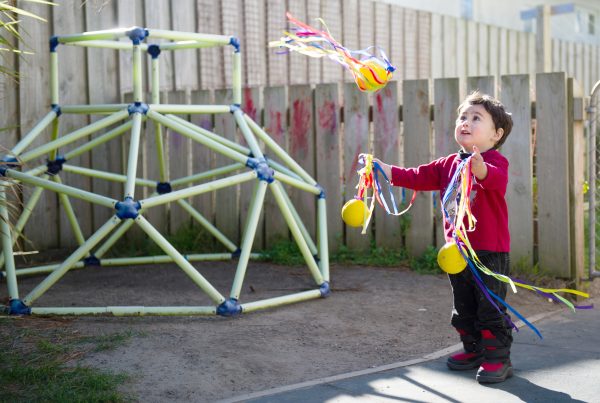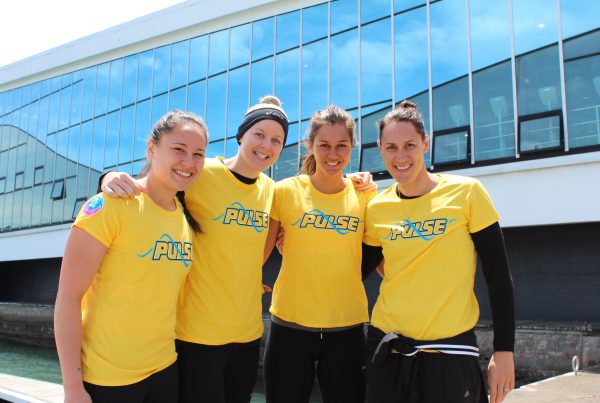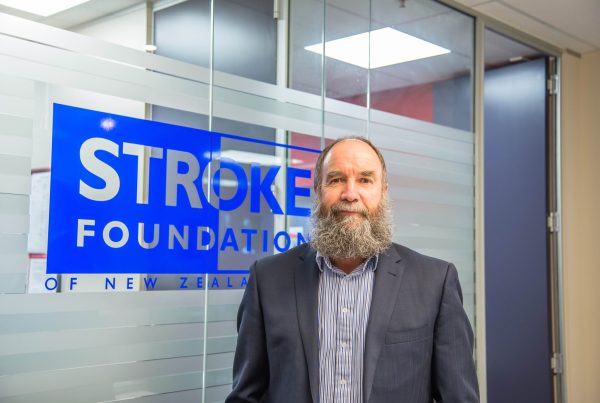
Exploring the site, I happened upon two girls of primary school age sitting in the ruins, writing with a pencil stub in an exercise book. It turned out that the older girl was helping the younger one with her arithmetic, and they were both totally focused on the task. It was explained to me by my Khmer hosts that the village school was nearby. This, I discovered, was a simple canvas canopy with a well-worn blackboard at one end and, facing this, long wooden benches. The teacher, a Buddhist monk, was on holiday and there were no adults in sight. However, the students had come to school anyway. To please their teacher, they had cleaned and tidied up their classroom without supervision and now were out in the playground happily improvising a game of hacky sack with a jandal.
This incident stuck in my mind. These children had so little but they clearly were making the most of the educational opportunity they had been given. Yet with only 34 percent of Cambodian school-age children attending lower secondary school, it would be difficult for them to advance their education beyond the primary years.
In stark contrast, young New Zealanders have so many opportunities available at each step of their educational journey. Whether they will make the most of these is dependent on them having a positive attitude to learning and the support of their teachers, parents and whānau. A class is comprised of 20 or so individuals, each with a unique set of abilities, needs and attitudes. The challenge is to find a school in which each child learns best and where parents feel there is a clear alignment with their values. Make the right decision and this could lead toward a prosperous, healthy life and a successful career, as all of these positive outcomes are strongly correlated to high educational achievement.
The 2014 school year is only just underway, yet for those parents with sons or daughters transitioning from primary or intermediate school, now is the time for you to consider school enrolment for 2015. State or state-integrated or private? Extended primary or intermediate or composite? Local school or one out of zone? Wellington students are fortunate. In this region, where people are better educated than the average New Zealander (46 percent of people here aged 15 years and over hold a post-school qualification, compared with 40 percent nationally), there are many schooling options.
So how do parents go about choosing a school where their child will thrive? Here are some tips. Parents need to be proactive and do some research. On the Ministry of Education website is a checklist entitled ‘Choosing a School’, which provides some helpful pointers, in particular about data you can gather. Most importantly, parents and prospective students should visit schools, walk around the playground and classrooms, and get the feel of it themselves. Talk to the principal, the teachers and staff. This is the only way you can get a feel for the culture of the school and find the best fit for your child.




